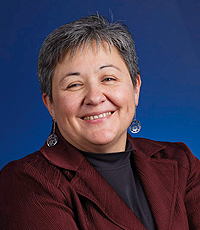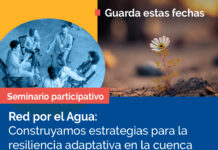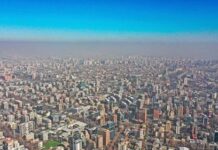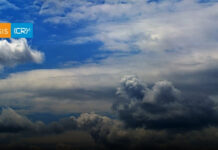 This area of research is a cross-cutting area that is functional to all other areas. We recognize that the advancement of climate science is fundamentally linked to 1) the existence and maintenance of monitoring systems of key climatic variables, and 2) the development of complex, integrated modeling systems for process understanding and climate predictions. Climate information has in fact a great potential in defining and planning adaptation options. However realizing this potential is not trivial and a “Global Framework for Climate Services” has been discussed (WCC-3, 2009), pointing out: the need for closer partnerships between providers and end users of climate services; increases in time-range and skill of climate prediction; improvements of observational basis for climate prediction and services; and availability and quality control of climate data. Thus the goal of this research area is 1) to develop Integrated Modeling Tools that transforms climate information into climate services, for informed decision taking by end users; 2) Provide access to the community to quality controlled climate data.
This area of research is a cross-cutting area that is functional to all other areas. We recognize that the advancement of climate science is fundamentally linked to 1) the existence and maintenance of monitoring systems of key climatic variables, and 2) the development of complex, integrated modeling systems for process understanding and climate predictions. Climate information has in fact a great potential in defining and planning adaptation options. However realizing this potential is not trivial and a “Global Framework for Climate Services” has been discussed (WCC-3, 2009), pointing out: the need for closer partnerships between providers and end users of climate services; increases in time-range and skill of climate prediction; improvements of observational basis for climate prediction and services; and availability and quality control of climate data. Thus the goal of this research area is 1) to develop Integrated Modeling Tools that transforms climate information into climate services, for informed decision taking by end users; 2) Provide access to the community to quality controlled climate data.
Although the only regional climate simulations produced so far for Chile have been made by our team, our current modeling and observational capacities fall short to achieve these goals in an integrated and comprehensive manner. Therefore a significant effort is made to increase those capabilities in terms of (i) model improvement, (ii) development of integrated numerical models, (iii) generation of climate change scenarios, and (iv) development of a test-bed for climate services provision. Also, we will assess current observing capabilities and improve those in terms of added instruments, and integrated use with models.




